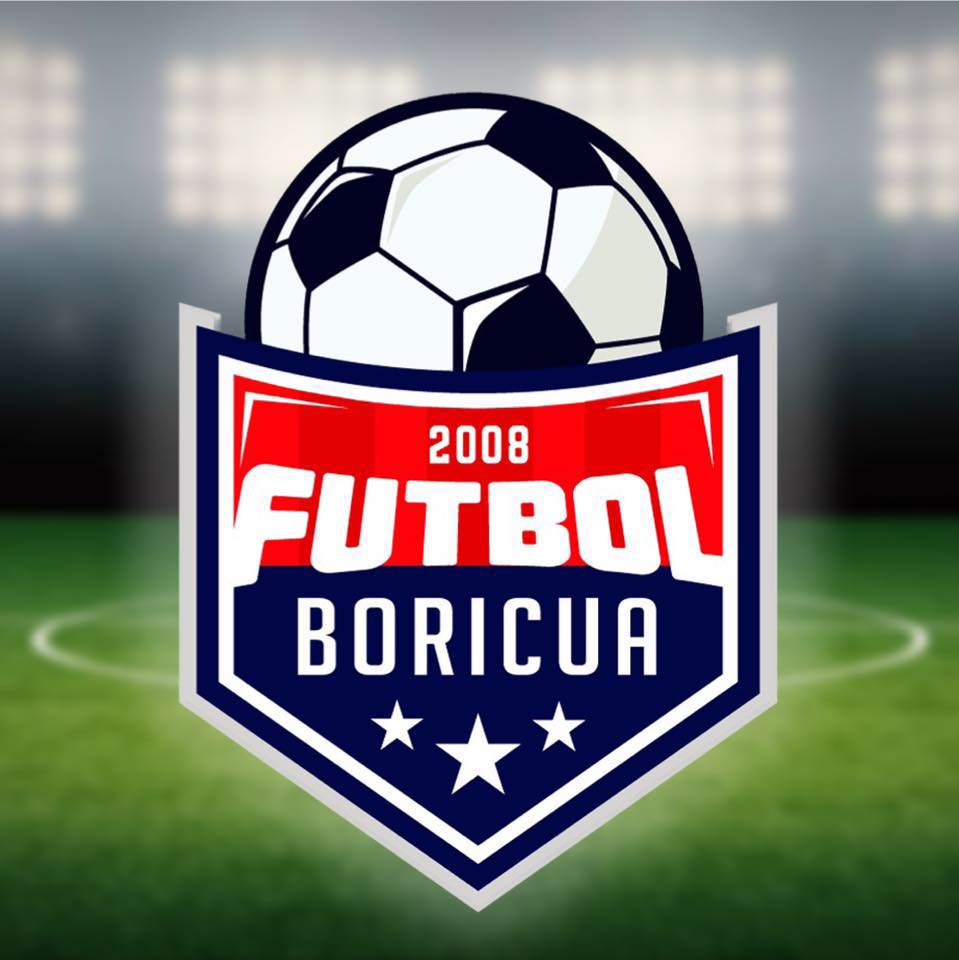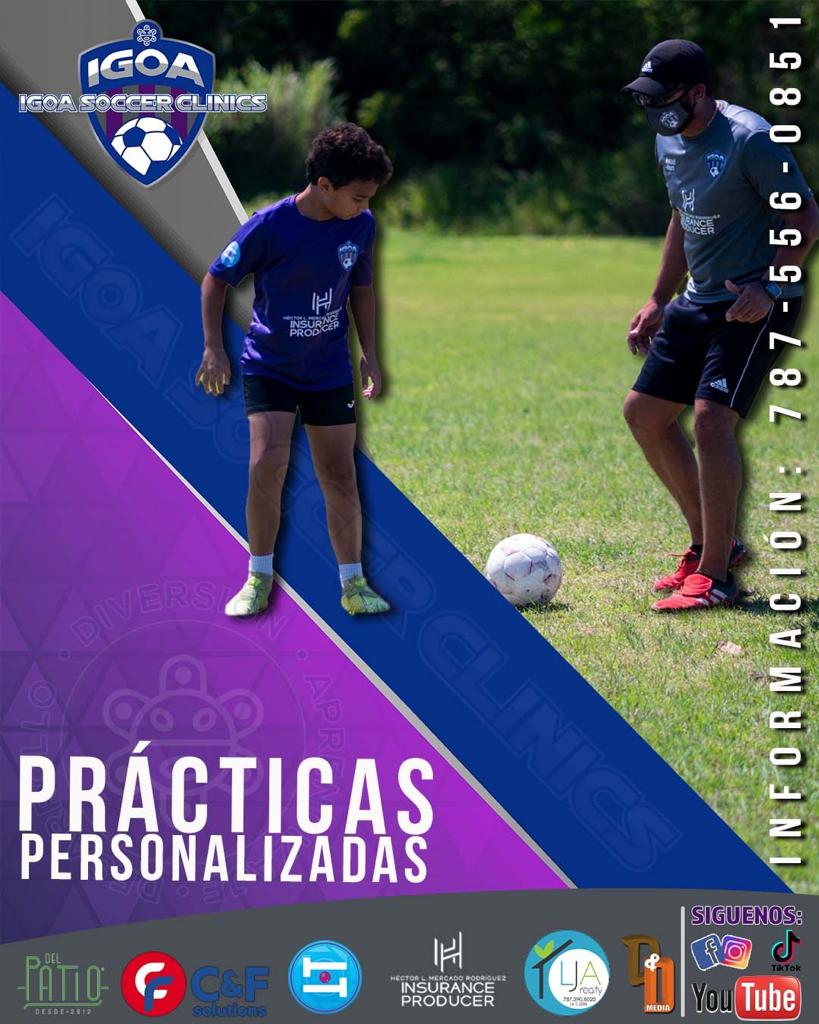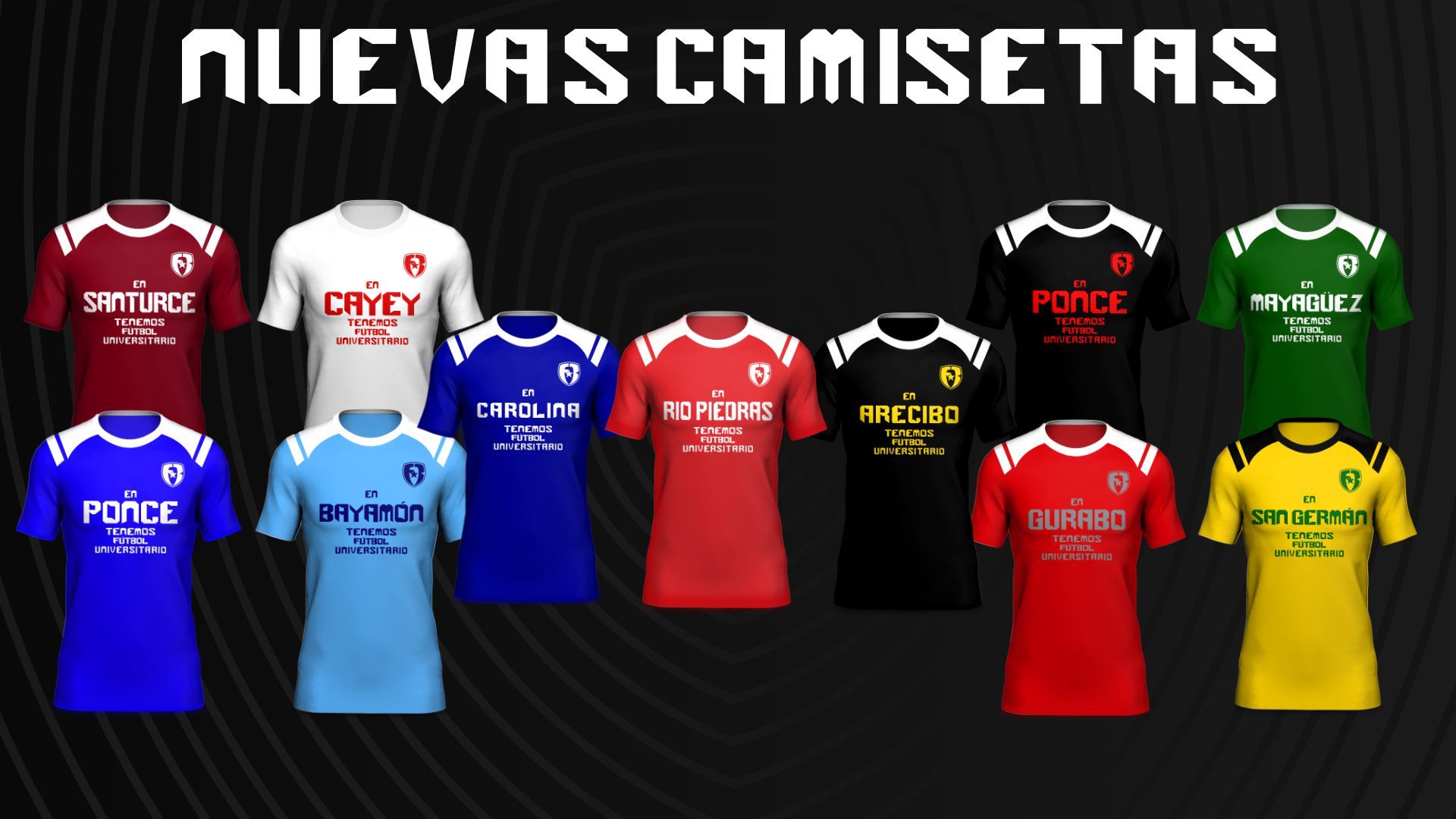7 Nov, 2008
By Charles Boehm, Potomac Soccer Wire Sr. Staff Writer
The passionate comparison and ranking of leagues and clubs around the world is one of soccer’s top off-the-field pastimes, an age-old argument few committed soccer fans can resist, whether they find themselves perched on a barstool, packed in the cheap seats or pacing the sidelines of their child’s youth matches.
Any such discussion has to give major consideration to performance in international play. How did a given nation perform during World Cup qualifying? How do a league’s representatives fare in regional club competitions? Here in the United States, fans and pundits tend to measure the progress of both Major League Soccer and the national team using competitive contests against our neighbors and exhibitions featuring international soccer’s leading lights.
The book has nearly closed on the group stages of the inaugural CONCACAF Champions League, the new-look tournament designed to pit our region’s top club teams in a quest for continental bragging rights, and so far it’s been grim reading for MLS.
Two MLS teams (New England and Chivas USA) were knocked out in preliminary qualifying and another, D.C. United, was hammered repeatedly en route to a winless flameout in Group A. So the league’s CCL involvement remains on life support pending Houston Dynamo’s final group match, a must-win contest against Salvadoran side CD Luis Angel Firpo on November 26.
Yet any resulting frowns around MLS headquarters in New York City will surely be matched by high-wattage grins at the United Soccer Leagues’ executive offices in Tampa, Florida. The so-called second tier of North American soccer sent two entries into Champions League play, Canadian representatives Montreal Impact and Caribbean standardbearers Puerto Rico Islanders, and both have safely booked passage into the knockout rounds.
Add in the surprising success of USL in the Lamar Hunt U.S. Open Cup – the 94-year-old knockout tourney saw two USL sides reach the semifinals and Charleston Battery narrowly lose the cup final to D.C. United – and it’s little surprise that the long-suffering ‘little league that could’ is finally getting its day in the sun. Yet all too many observers still remain blissfully unaware of the decades of struggle and survival that preceded the USL’s modern incarnation.
“We’ve had media contact us, [saying] ‘oh, when did you guys start USL?’ We’ve been here for 22 years,” explains Matt Weibe, USL’s senior director of franchise development. “People are put out a little bit. ‘What do you mean, you’ve been here 22 years? We don’t understand that.’ Everything has been so focused on Major League Soccer, and give them credit: they have more resources to give media, and they’re a very media-focused organization. We’re just a little bit different.”
The luck of the draw may have handed them less rigorous group competition. But Montreal and Puerto Rico have nonetheless defied expectations, exploded conventional wisdom and, it must be said, embarrassed their more illustrious MLS counterparts, despite the wealthier league’s long-stated desire to vault its clubs into regional dominance.
The grassroots seem to be trumping the big time. So what gives?
“This is no magic formula,” contends USL President and longtime U.S. soccer pioneer Francisco Marcos. “Our teams, because they are, or are perceived to be, in the lower rung, every time they have an Open Cup game, an exhibition game, a Champions League qualifying game or a Champions League game, they play that game with their game faces fully painted and ready.
“MLS clearly approaches [these competitions] differently – ‘we’ll get by one way or the other,’” adds Marcos. “But guess what? The difference isn’t enough for them to be able to take that attitude. We go to those games like our life depends on it – our reputation, our credibility depends on it. The results speak for themselves.”
Born in Portugal, Marcos has given some four decades of service to soccer in the United States, first as a collegiate player, then as a journalist, club executive and eventually, league founder and boss. After working at several levels within the North American Soccer League, Marcos founded the Southwest Indoor Soccer League in 1986, which would eventually morph into an outdoor league and transition through several different monikers, finally adopting its current identity as the United Soccer Leagues following a 1997 merger with the A-League.
During that time he’s seen progress and improvement beyond the wildest dreams of those trying early years. While the day-to-day struggle remains as franchises labor to build meaningful fan bases, profitable operations and credibility in their media markets, the USL as a whole has moved out of its hardscrabble past and into a position of strength and growth.
“I came to this country 47 years ago, so I can say both things. I can say ‘ugh, we’ve got so far to go.’ I can also simply just say, ‘you have no idea how far we’ve come,’” says Marcos, referring not only to USL’s progress but that of North American soccer in general. “If forty years ago we were at the bottom of Mount Everest, we’re now up there where we’ve got the last 10 meters to go. The last 10 meters wins you World Cups. We’re not there yet. We can get there, but it’s really tough to climb those last 10 meters.”
As if USL’s shocking success in CONCACAF play weren’t proof enough for optimism, Marcos and his colleagues can point to growing interest from overseas clubs seeking partnerships like the one on display in Austin, Texas, where the Aztex will officially begin life in USL-1, the confederation’s top tier, next year. The Aztex ownership group is closely allied with English Premier League outfit Stoke City FC, which will feature exchanges of players, technical expertise, and more.
A similar arrangement with Spanish side Deportivo Alaves and USL expansion side California Victory inspired excitement a few years ago, only to dissolve abruptly when Alaves was relegated to Spain’s second division and funds for their American expedition dried up. But the league clearly sees a bright future for such joint ventures, which Marcos believes are a vital outlet for the evolution and maturation of U.S. soccer.
“In the case of Alaves…the whole thing just kind of fell apart and there was not enough history, not enough time to save it,” says Marcos. “But we are very bullish on that concept. We’re in discussions with Mexican groups and clubs right now, we’re in discussions with European clubs, English clubs about direct ownership, direct partnership with our clubs…We are actively involved in the process of matchmaking between our clubs and European clubs, Mexican clubs, South American clubs. This will be a slow process, but one that I believe will go all the way.”
Carving out a niche in the crowded U.S. sports scene remains a constant battle, especially given the overriding preeminence of MLS, which Marcos jokingly dubs “the 800-pound gorilla” on the scene. But after decades of tenuous survival spent largely in obscurity, USL can justifiably claim to have its best days ahead of it.
“Everything has its time,” says Marcos. “My father was a winemaker: a lot of those vines didn’t make it, didn’t resist the second frost. If you tried to do vintage before September, the grapes were too green – the wine wasn’t any good. You had to wait until September. ‘Well, I can’t wait until September, I need to sell the grapes right now.’ Sorry, you’re not going to sell anything, because if you sell, nobody’s going to buy because it’s not any good. I guess soccer is like wine: you’ve got to do the time.”










